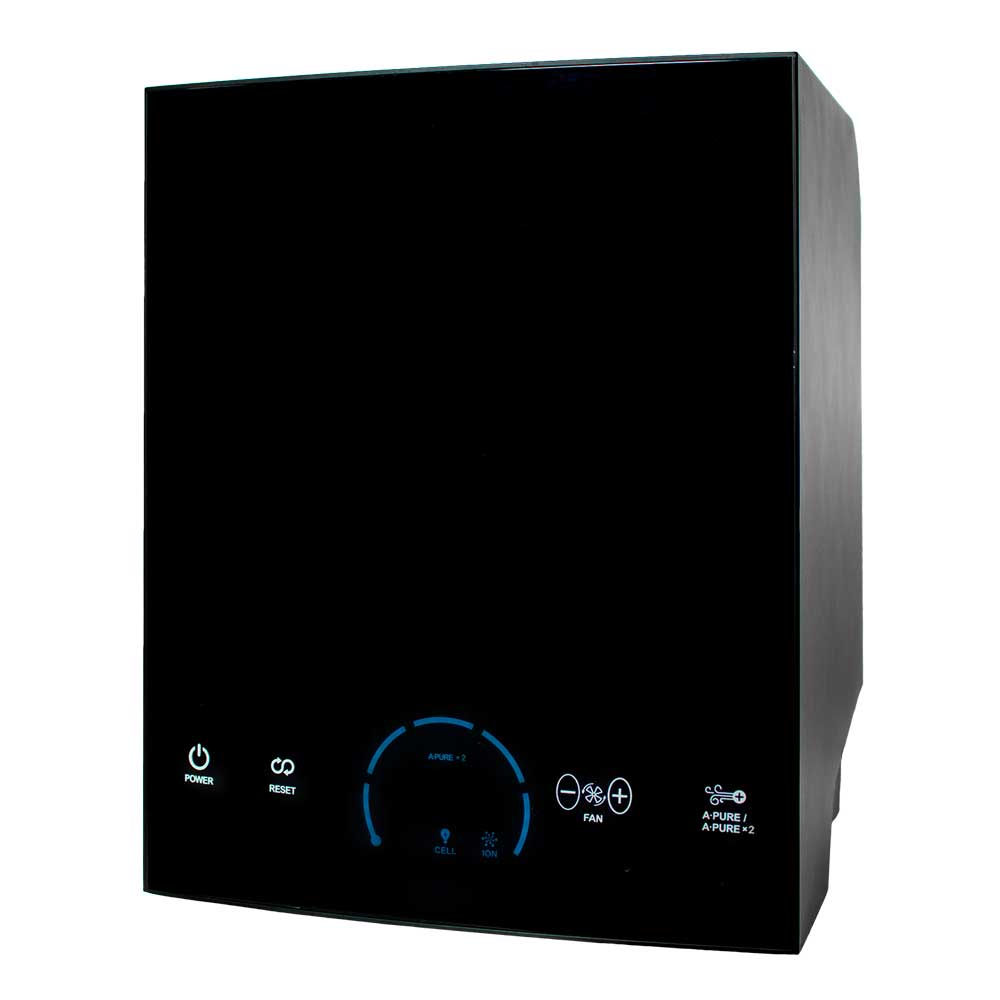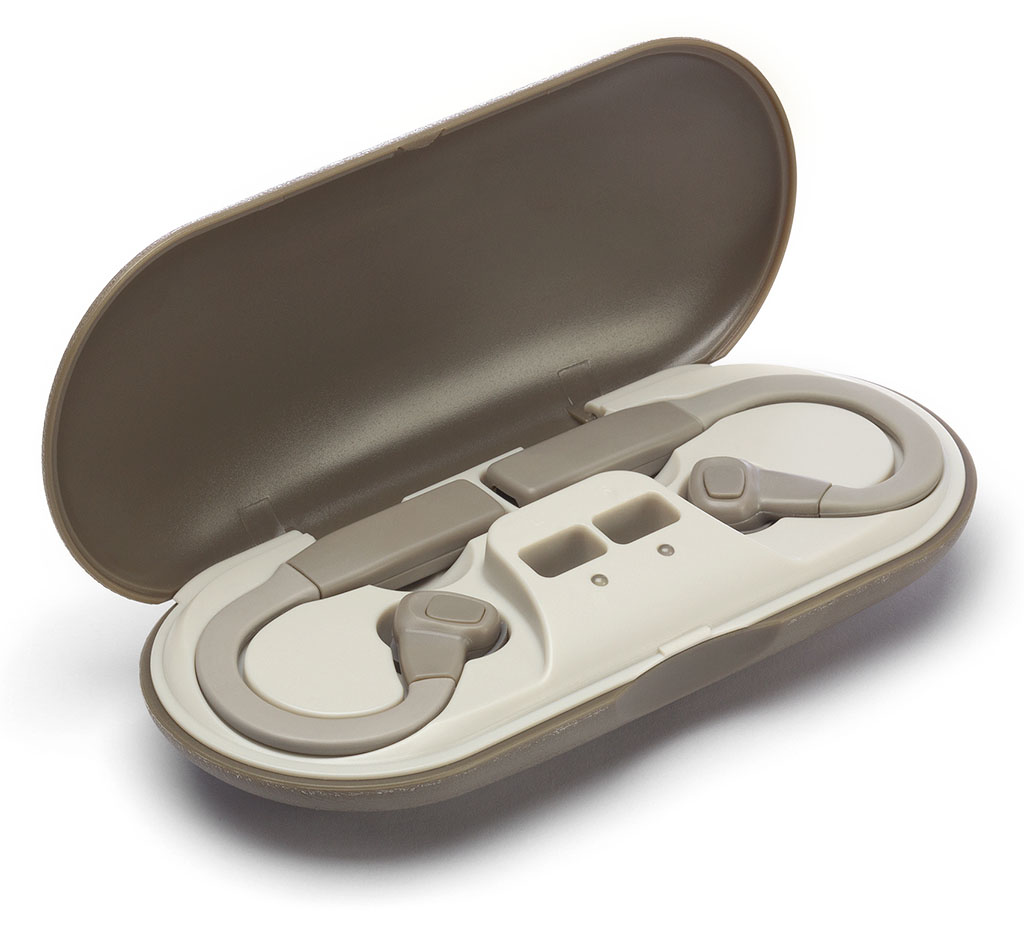
SuperBeets
TINA.org zooms in on the fine print in ad for “heart chews.”
Amare Global, an MLM that markets and sells supplements and that has anointed itself “the mental wellness company,” sells a drink called Happy Juice that it says targets the gut-brain axis, which is the communication network that links the enteric and central nervous systems.
According to the product’s formulator, Shawn Talbott, who is also the “chief science officer” at Amare, Happy Juice taps into this network to send “the best signals possible” from the gut to the brain, leading to a number of cognitive benefits for users, including improved “mental energy or focus.”
Talbott says in a video published on the Happy Juice product page:
A lot of people feel kind of blah. In positive psychology, we refer to that as languishing. The happy state is something called flourishing. Happy Juice addresses all that.
In another video on the product page, Amare claims Happy Juice reduces anxiety and sparks “immediate mental flow.”
Come on, get Happy (Juice)? Not so fast.
After receiving a tip from a reader, TINA.org found that there are several issues with Amare’s marketing of Happy Juice.
First, according to experts, while some research suggests that gut activity may affect cognition, medical researchers who study neurological conditions like anxiety are only beginning to look at the gut. In other words, more research is needed to fully understand the gut-brain connection.
Second, despite statements that its advertising claims are “research proven” and that it has “substantiation and studies that prove [its] products work,” Amare doesn’t provide the research, substantiation or studies showing its products provide any of the benefits it advertises. And substantiation is something the FTC requires in order to make these types of health claims without running afoul of the law.
Third, the FDA has established that claims to treat anxiety and enhance focus and mental clarity are drug claims requiring its approval, which Amare doesn’t have.
According to Amare, Happy Juice is a combination of its three most popular products: MentaBiotics (“Packed with probiotics, prebiotics and phytonutrients for resilience and a ‘happy’ gut microbiome.”), Energy+ (“Powered by Guayusa or Rooibos for clear, focused, reliably awesome, all-natural energy.”) and EDGE (“Synergistically potent, brain-boosting ingredients for an all-natural nootropic that supports motivation.”).
The only way to get Happy Juice is to purchase a pack with all three products. The pack sells for $146.95 with a subscription and for $163.95 without one.
Some additional red flags include:
It all amounts to a reminder to listen to your gut when you hear claims that sound too good to be true. And, as always, do your research.
TINA.org reached out to Amare for comment. Check back for updates.
Find more of our coverage on multilevel marketing here.
Our Ad Alerts are not just about false and deceptive marketing issues, but may also be about ads that, although not necessarily deceptive, should be viewed with caution. Ad Alerts can also be about single issues and may not include a comprehensive list of all marketing issues relating to the brand discussed.
TINA.org zooms in on the fine print in ad for “heart chews.”
Products’ purported efficacy against COVID-19 reflects results from lab studies, not real-world studies. There’s a big difference.
Claims for company’s pink noise-emitting earbuds ring hollow.


